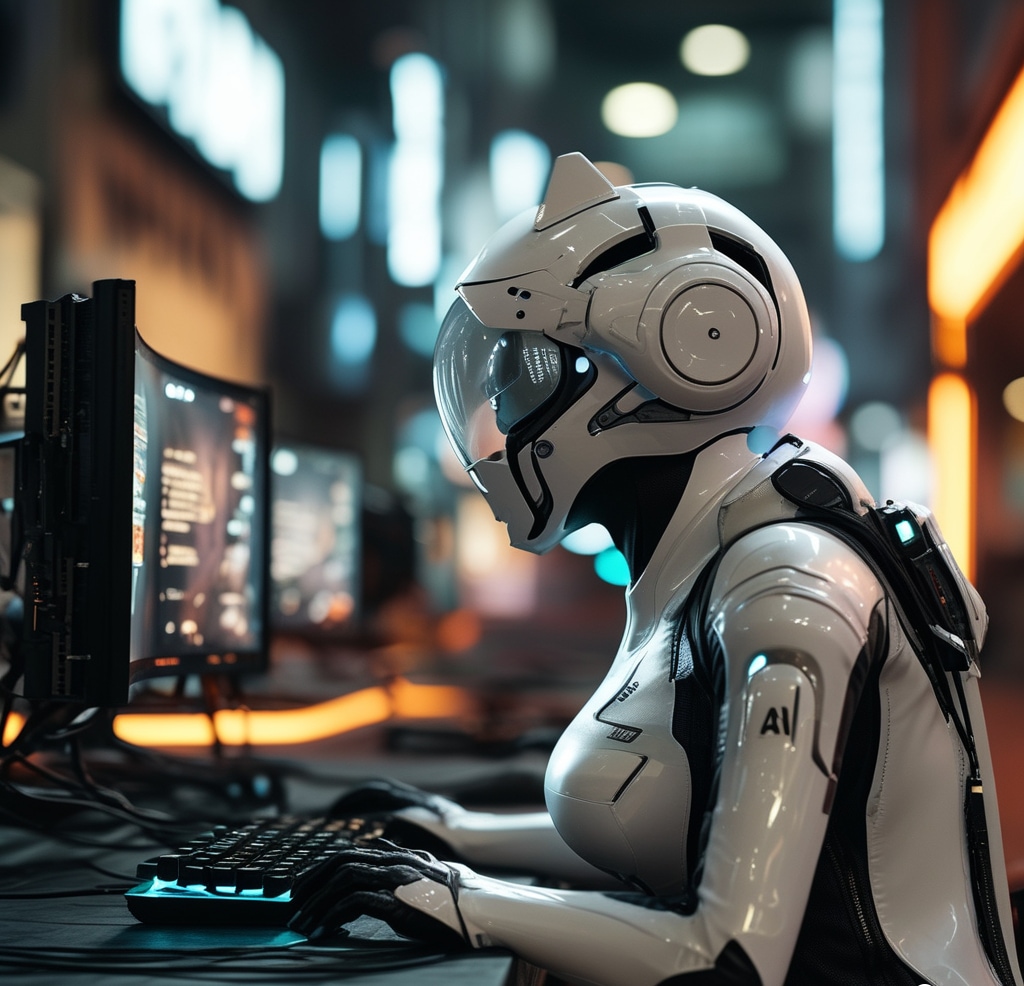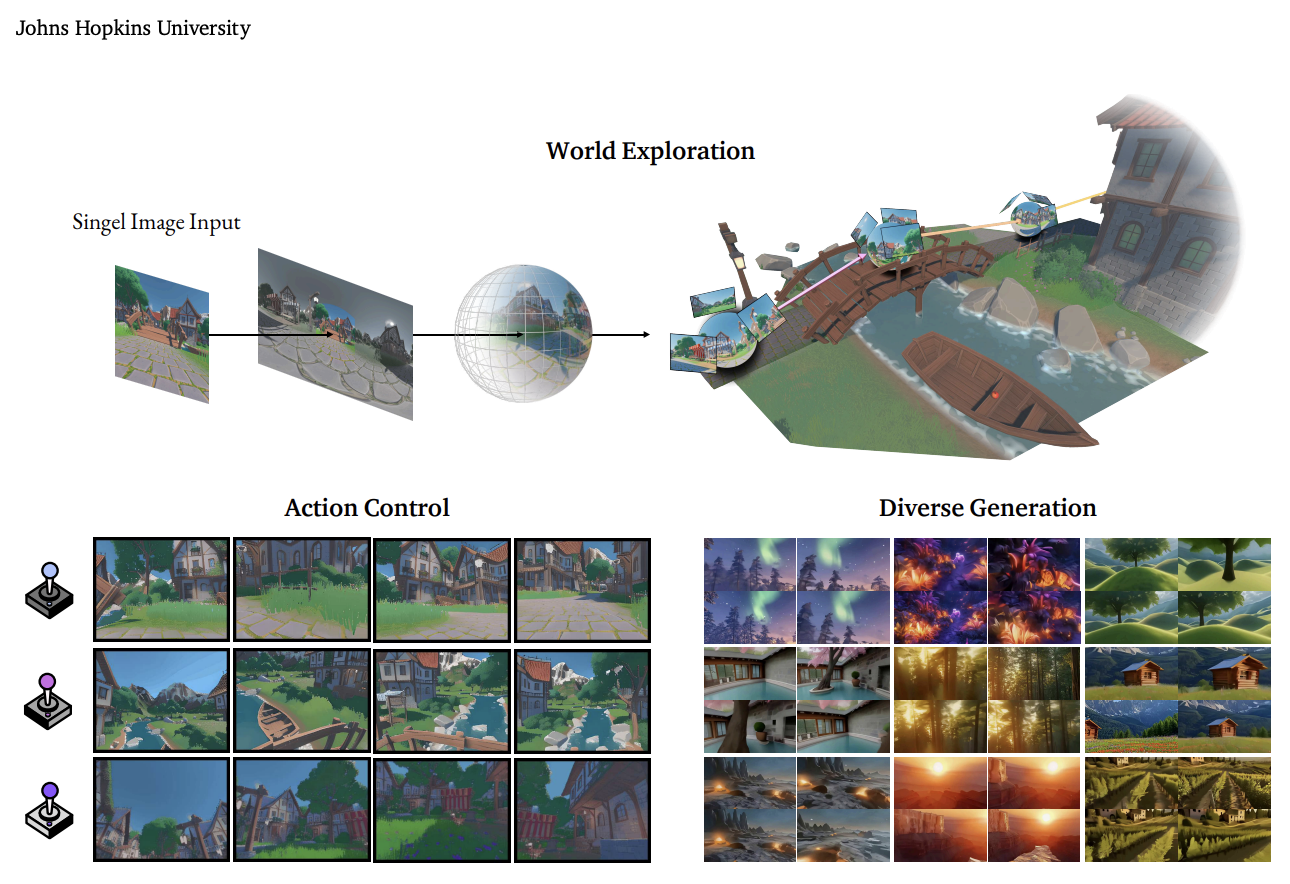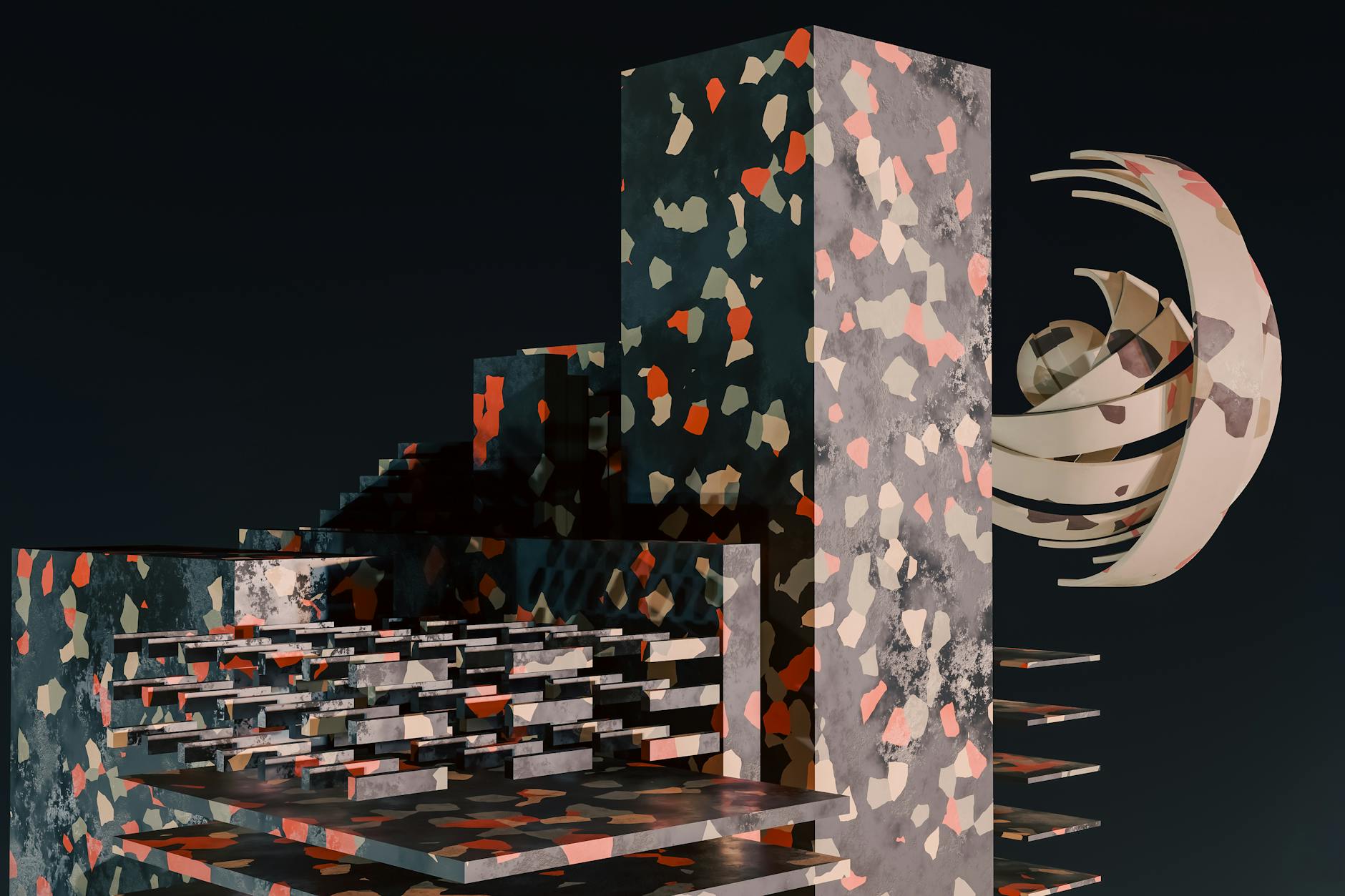In the ever-evolving landscape of the gaming industry, a new player has emerged, promising to reshape the field as we know it: Artificial Intelligence (AI). As AI technologies advance at breakneck speed, industry professionals are left wondering: Will AI be a collaborator or a competitor?
The AI Art Revolution
One of the most contentious areas of AI’s influence is in game art and design. AI-powered tools like Midjourney and DALL-E 2 have demonstrated an uncanny ability to generate stunning visual assets, from concept art to textures, in a fraction of the time it takes human artists.
“We’re seeing a paradigm shift in how art assets are created,” says Jane Doe, Chief Creative Officer at GameTech Studios. “AI can produce hundreds of iterations of a character design in minutes, something that would take a human artist days or even weeks.”
This efficiency has led to fears of widespread job losses in the industry. However, many experts argue that AI will augment rather than replace human creativity.
Collaboration, Not Replacement
John Smith, a veteran game designer with 20 years of experience, sees AI as a powerful tool rather than a threat. “AI is incredibly good at generating ideas and variations, but it lacks the nuanced understanding of game feel and player psychology that human designers bring to the table,” Smith explains.
Indeed, many studios are finding that the most effective approach is a human-AI collaboration. AI can handle time-consuming tasks like generating background elements or creating initial drafts, freeing up human artists to focus on high-level creative direction and refining the AI’s output.
The Technical Challenge
While AI shows promise in art and design, its impact on programming and technical roles is less clear-cut. “Game development involves complex systems and intricate logic that current AI models struggle to replicate,” says Dr. Emily Chen, a computer scientist specializing in game AI.
However, AI is making inroads in areas like bug detection, code optimization, and even procedural content generation. These advancements are likely to change the nature of technical roles rather than eliminate them entirely.
Industry Adaptation
As AI continues to evolve, the gaming industry is adapting. Many companies are investing in AI training for their employees, recognizing that proficiency with AI tools will be a valuable skill in the future job market.
“We’re not seeing widespread layoffs due to AI,” reports Michael Johnson, an industry analyst at Tech Trends Research. “Instead, we’re seeing a shift in job descriptions and a growing demand for AI specialists within gaming companies.”
The Human Touch
Despite AI’s impressive capabilities, industry insiders emphasize that the human element remains crucial in game development. “Games are ultimately about creating experiences that resonate with people,” says Sarah Lee, CEO of Indie Dreams Studio. “AI can help us create more efficiently, but the vision, emotion, and storytelling that make games truly great still come from human creators.”
As the gaming industry navigates this technological shift, it’s clear that AI will play an increasingly important role. However, rather than a wholesale replacement of human talent, the future looks to be one of human-AI collaboration, where technology enhances rather than supplants human creativity.
For professionals in the gaming industry, the key to thriving in this new landscape will be adaptability, continuous learning, and a willingness to embrace AI as a powerful tool in their creative arsenal.



